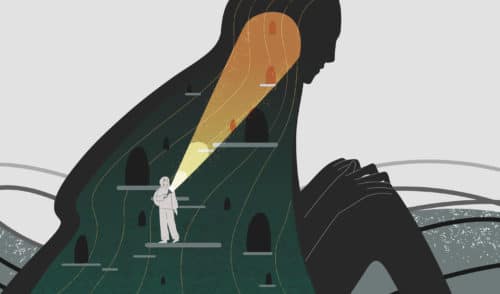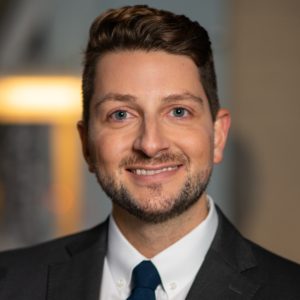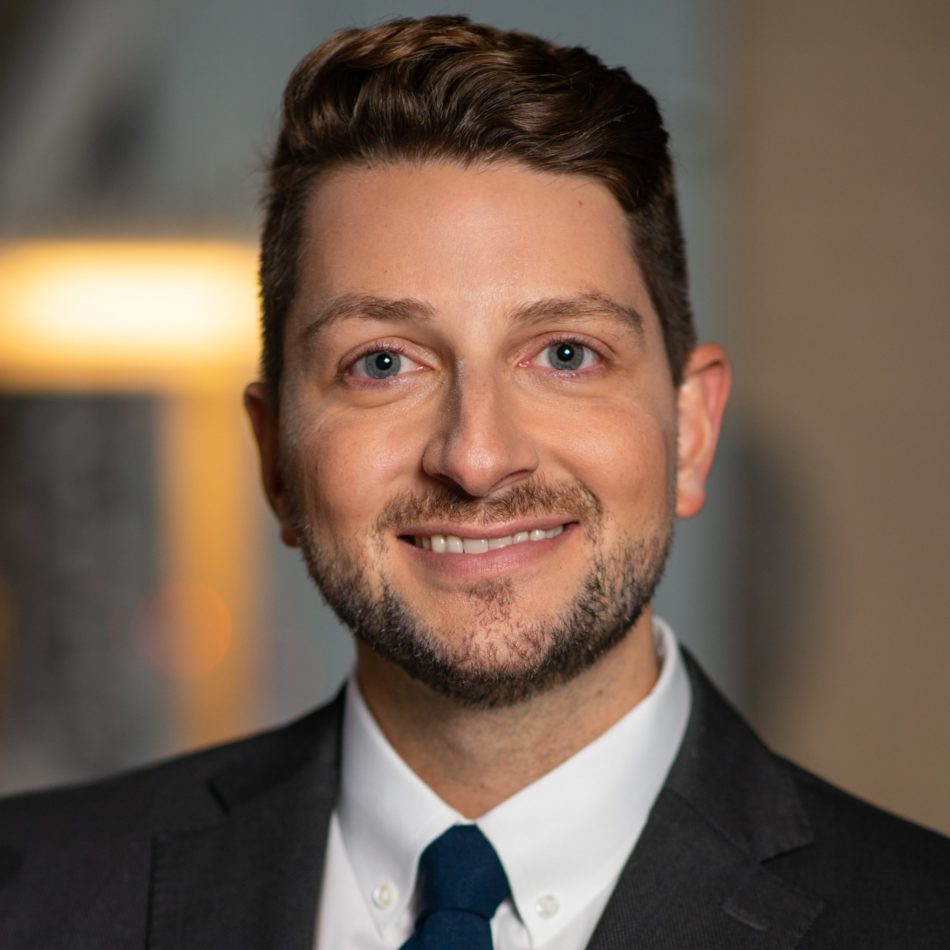 “Why did you become a therapist?”
“Why did you become a therapist?”
This is a frequent question that counselors and therapists are asked. It used to make me anxious because I didn’t have a clear answer. From my perspective, it is the wrong question. I have always had the sense that I did not choose the counseling profession so much as the profession chose me.
It is rather like a scene from one of my favorite movies, 2003’s The Matrix Reloaded, in which Neo (Keanu Reeves) visits The Oracle (Gloria Foster) to seek guidance about the role he must play in the war between human beings and the machines. At one point The Oracle offers Neo a piece of hard candy. Neo asks, “Do you already know if I’m going to take it?” The Oracle replies wryly, “Wouldn’t be much of an oracle if I didn’t.” Neo presses her, “But if you already know, how can I make a choice?” The Oracle explains, “Because you didn’t come here to make the choice. You’ve already made it. You’re here to try to understand why you made it.”
I think this identifies something absolutely essential about my own path to becoming a therapist. The “why” only comes into view after one has already set out on the path.
Here is what I have come to understand thus far. The “choice” to become a therapist was implicit in certain experiences I underwent in childhood. As a child, I felt it was more important to meet my parents’ emotional and psychological needs than my own. I was a gay boy with nontraditional interests, and I felt I had to become someone my parents could love. I feared they would reject the real “me”. The Polish–Swiss psychologist Alice Miller has noted: “the therapist’s sensibility, empathy, responsiveness, and powerful ‘antennae’ indicate that as a child he probably used to fulfill other people’s needs and to repress his own.” Such is the nature of the archetypal experience that can lead one to become a counselor or therapist.
 Like many counseling and psychotherapy patients, I continue to grapple with the fact that I felt compelled to gratify my parents’ unconscious needs at the expense of my own emotional development. Like many counseling and psychotherapy patients, I continue to grapple with the grief and resentment aroused by my parents’ failure to fulfill my basic needs during that critical time. Contrary to popular belief, the therapist is not a saint or other enlightened being. A therapist is a “wounded healer” whose effectiveness is commensurate with his degree of reconciliation with his own wounded nature. A therapist is someone who has made a degree of progress in the conscious “working through” of these issues, and who thus becomes empowered to guide others looking to make a similar journey.
Like many counseling and psychotherapy patients, I continue to grapple with the fact that I felt compelled to gratify my parents’ unconscious needs at the expense of my own emotional development. Like many counseling and psychotherapy patients, I continue to grapple with the grief and resentment aroused by my parents’ failure to fulfill my basic needs during that critical time. Contrary to popular belief, the therapist is not a saint or other enlightened being. A therapist is a “wounded healer” whose effectiveness is commensurate with his degree of reconciliation with his own wounded nature. A therapist is someone who has made a degree of progress in the conscious “working through” of these issues, and who thus becomes empowered to guide others looking to make a similar journey.
Childhood wounds can become a preparation for a great destiny.
Rather like Neo, I am compelled to ask, “Did I even have a choice in the matter?” In the end, the answer remains somewhat mysterious. I recall the wise words of C.G. Jung: “Free will is the ability to do gladly that which I must do.”
Contact us today to schedule a complimentary 15-minute phone consultation or to book an appointment.
I strive to create a safe, comfortable, and supportive environment for individuals who are confronting issues related to adjustment, anxiety, depression, grief, stress, relationships, and trauma. I specialize in helping individuals who find themselves caught in repetitive patterns of less-than-effective coping and bewildering self-defeat. Call or message today to schedule your free phone consultation or arrange your first appointment.

